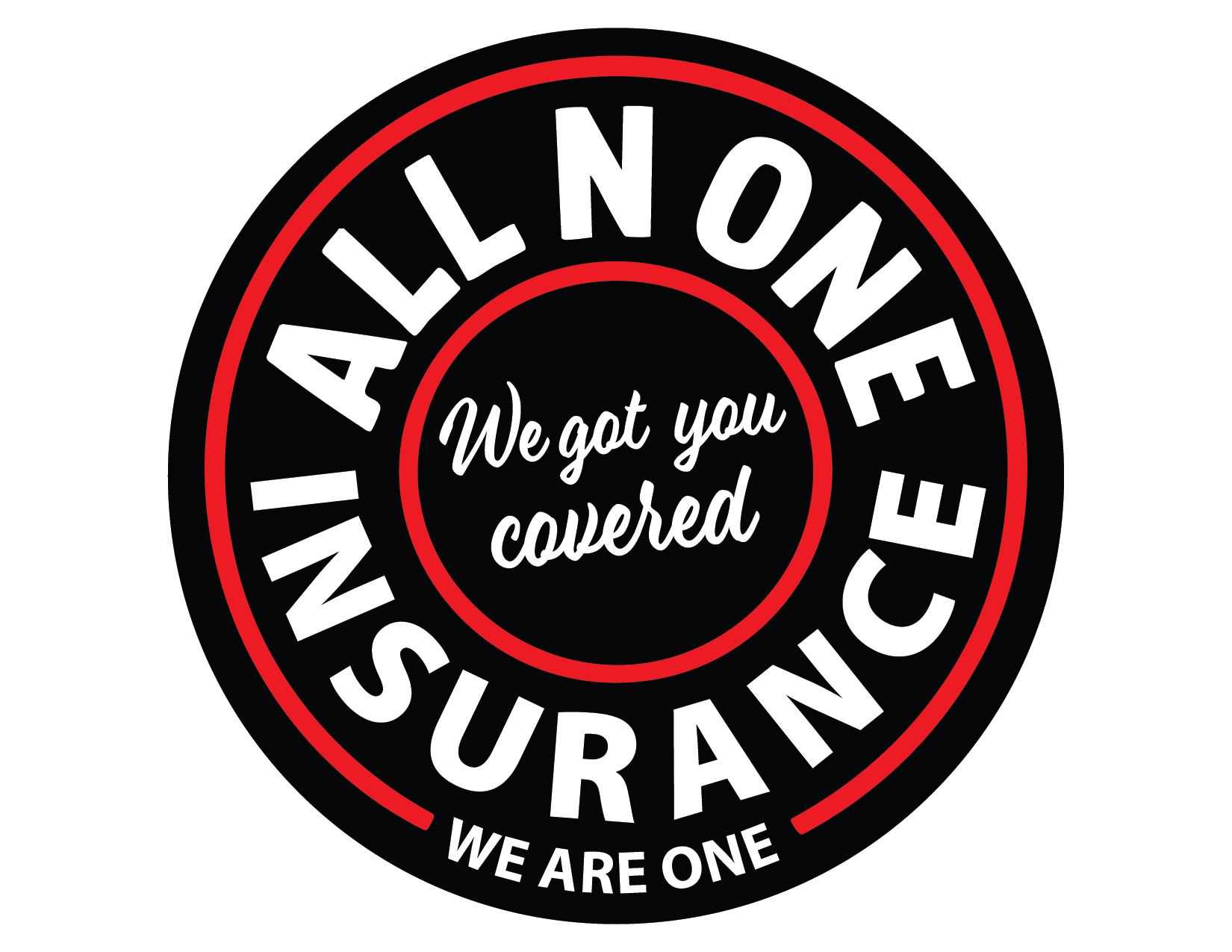What Not To Do While On Workers Comp
If you’re here, you might be wondering what not to do while on workers’ comp. Keep reading to find out the answer.
For an in-depth look at Workers’ Comp specific to Tennessee, check out our article on the subject.
Real Quick: What Is Workers’ Compensation?
For those unfamiliar with workers’ comp, it is a government-mandated benefit program for those who have been injured or made sick as a result of their job.
Each state offers specific benefits for workers’ comp. If you have been injured or harmed because of your workplace, you can file a claim within the appropriate amount of days required from the time of the injury.
Workers’ Comp Timing
The first mistake many make is not filing their claim in time! Untimely filing is a perfect example of what not to do while on workers comp.
Claims must be made in writing with the correct state forms. In Nevada, you must file a C-4 form with your insurance company. The state of Tennessee requires you to file a C-20.
After your claim is made in a timely manner, you should receive a response of approval or denial.
The response time for your claim varies from state to state.
Please note that in Tennessee, you are eligible for reimbursement for emergency medical treatment that was provided before your claim was made.
Your Workers’ Comp Medical Exam
You will have to have a medical examination with a doctor and have the extent of your medical needs assessed when making a workers’ comp claim. If you are denied your claim, then you do have the option to appeal, and your doctor may help you.
It’s Best To File A Workers’ Comp Claim While Employed
Many people will try to file a claim after they have lost their jobs. This creates extra hurdles because the insurance company will suspect foul play on the claimant’s part.
Timing is everything.
The Do’s And Don’ts Of Workers Comp
- Listen to your doctor. Not honoring your doctor’s instructions is the perfect example of what not to do while on workers’ comp.
While receiving benefits, you really must follow your doctor’s orders. There is very little wiggle room here.
You do not want to be accused of making a fraudulent injury claim by showing up for work before you’ve finished your recovery and acting like you don’t have an issue.
If you do not take time to recover, this can disqualify you from coverage.
- Be honest with your employer and your doctor, and actively communicate your condition with all relevant parties involved in your claim.
Be real, be genuine, and be completely honest, and you shouldn’t run into any issues with your workers’ compensation claim.
- Don’t quit your job. Seriously, quitting is a perfect example of what not to do while on workers’ comp. If your injury permanently disables you, then of course, you would be looking at permanent disability moving forward, but we recommend NOT quitting your job. If anything, make them fire you.
Be aware that employers are not forced to keep you employed.
- Don’t speak poorly of your employer or supervisor.
We understand that workplace injuries and illnesses are terrible and not something anyone should have to go through. But you don’t want to bad mouth your employer while on workers’ comp, whether on social media or to your coworkers.
If you have a problem with your employer, take it up with your attorney and let them handle the issue for you.
- When making a settlement, seek guidance from a professional who understands workers’ comp law. This will help you avoid costly mistakes.
You do not want to be short-changed by an insurance company with a settlement that is insufficient for your medical needs and wage loss situation.
Remember that unforeseen medical needs might arise if your injury or illness is serious, so immediately settling on the full amount might not be the best step forward.
Contact Us
To learn more, call us or fill out our Contact form.

